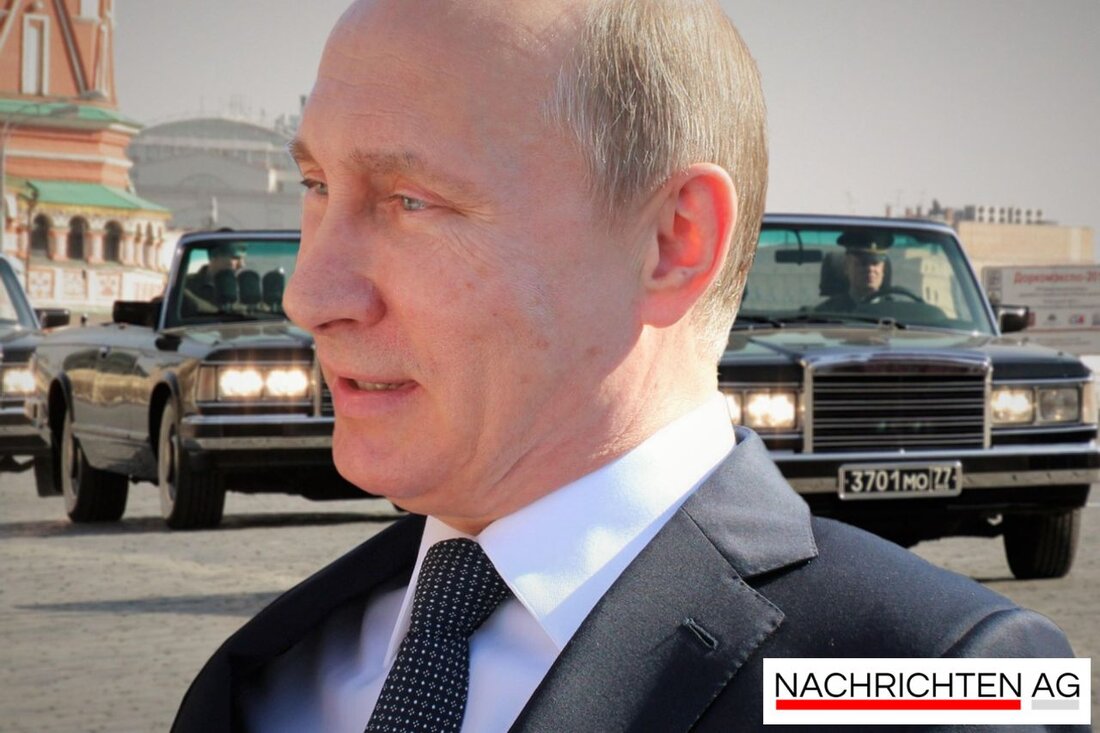Kyiv defends: Russian attacks demand victims - EU is planning sharp sanctions!
Kyiv defends: Russian attacks demand victims - EU is planning sharp sanctions!
on Monday night, Russia carried out a massive air raid on Ukraine, which demanded at least two fatalities in Charkiw and over 50 injuries. There were also eight children among the injured. The attacks were directed against residential buildings, playgrounds and shops, with several foci of fire. Chancellor Friedrich Merz described the attacks as "terror against the civilian population" and "the most severe war crimes". This escalation of violence falls along with the increasing tensions about new economic measures against Russia.
The European Union put a new sanction package against the Russia oil market on Monday. The new measures that include import restrictions on Russian crude oil and a price lid of a maximum of $ 60 per barrel are a direct attempt to limit the Russian income from oil exports without endangering global energy supply. About three million barrels of crude oil per day are affected by this embargo, which could potentially cost Russia around $ 210 million in income every day.
reactions to the sanctions
Ukrainian President Wolodymyr Selenskyj has made his demand to halve the price limit for Russian oil from $ 30 to $ 30 per barrel. This should further increase the pressure on the Russian economy. However, the EU plans to stop the reference to Russian crude oil by the end of the year, but temporarily uses exception to not bring countries such as Hungary, the Czech Republic, Slovakia, Bulgaria and Croatia in a difficult situation.
The sanctions are part of a comprehensive sanction regime that was developed in coordination with the G7 countries. An important goal of these measures is to increase the pressure on President Vladimir Putin. The measures aimed at the energy sector and the banking sector should also serve to weaken the Russian war machine. Experts argue that the sanctions of Russia damage more heavily than the West, which is not surprisingly considered in view of the precarious economic situation of the country.
sanctions and long -term consequences
Despite the sanctions, Russia continues to succeed in exporting oil to China and India. Last year, record quantities of liquid gas (LNG) were delivered to the EU, which gave significant income to the Russian state budget. However, the dependence on income from oil and gas, which makes up to 45% of the state budget, could change in the long term, since the EU wants to gradually reduce the import of fossil fuels. An embargo for oil products has already been decided for all EU countries from February 2023.The situation remains tense while Russia threatens not to deliver oil to countries that accept the price lid. The geopolitical and economic tensions could further tighten in the coming weeks, especially with the upcoming G7 summit, which will take place in Canada from June 15th to 17th and wants to discuss the current situation.
Overall, the developments show that the situation in Ukraine and the international reactions to it are still complex and dynamic. The current escalation of violence and the new sanctions will affect the geopolitical balance in the region and beyond.
For detailed information about the situation and the effects of the sanctions, read the reports from , world and Deutschlandfunk .
| Details | |
|---|---|
| Ort | Charkiw, Ukraine |
| Quellen | |


Kommentare (0)